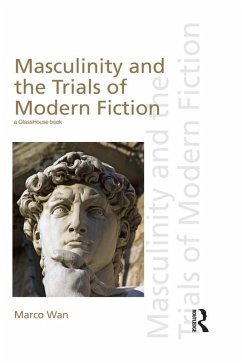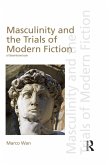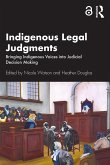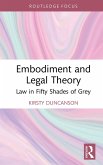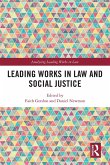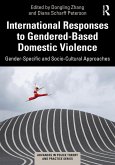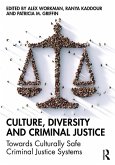How do lawyers, judges and jurors read novels? And what is at stake when literature and law confront each other in the courtroom? Nineteenth-century England and France are remembered for their active legal prosecution of literature, and this book examines the ways in which five novels were interpreted in the courtroom: Gustave Flaubert's
Madame Bovary, Paul Bonnetain's
Charlot s'amuse, Henry Vizetelly's English translations of Émile Zola's
La Terre, Oscar Wilde's
The Picture of Dorian Gray, and Radclyffe Hall's
The Well of Loneliness. It argues that each of these novels attracted legal censure because they presented figures of sexual dissidence - the androgyne, the onanist or masturbator, the patricide, the homosexual, and the lesbian - that called into question an increasingly fragile normative, middle-class masculinity.
Dieser Download kann aus rechtlichen Gründen nur mit Rechnungsadresse in A, B, BG, CY, CZ, D, DK, EW, E, FIN, F, GR, HR, H, IRL, I, LT, L, LR, M, NL, PL, P, R, S, SLO, SK ausgeliefert werden.
Hinweis: Dieser Artikel kann nur an eine deutsche Lieferadresse ausgeliefert werden.

